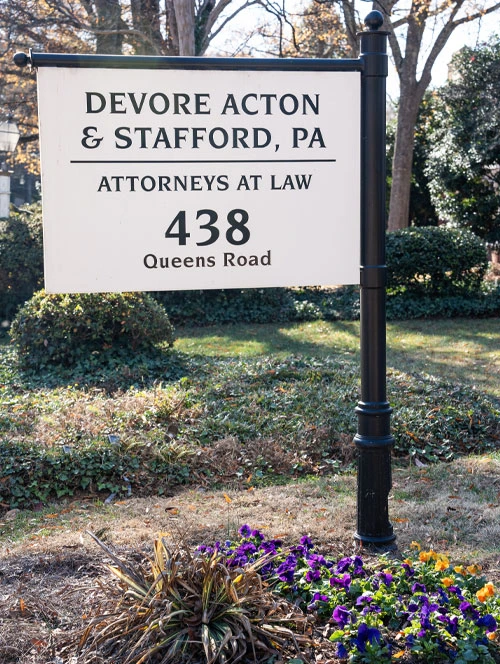Study: Self-driving vehicles would only prevent a third of crashes

Advocates and developers of self-driving vehicles say that the technology’s potential is immense, arguing that autonomous vehicles could lead to dramatic reductions in fossil fuel consumption and traffic congestion, while virtually eliminating motor vehicle crashes.
However, the companies working to develop driverless technology received a jolt when an insurance industry study said only a third of all auto wrecks would be prevented by self-driving vehicles.
Quick criticism
A consortium of companies developing self-driving vehicles called Partners for Automated Vehicle Education (better known as PAVE) quickly criticized the study, saying it underestimates the tech’s capabilities.
The study by the Insurance Institute for Highway Safety (IIHS) analyzed 5,000 crashes, stating that it’s likely only those wrecks caused by driver perception errors and incapacitation could be prevented by self-driving vehicles.
Much higher avoidance
PAVE countered, saying its vehicles can detect and prevent a much higher percentage of potential collision causes, including complex driver mistakes, such as inadequate/incorrect maneuvers to avoid crashes. The group said that when factoring in more nuanced capabilities of their technology, driverless vehicles could avoid 72 percent of all traffic crashes.
The auto industry’s Alliance for Automotive Innovation said that even if the study is correct, and only a third of fatal car wrecks are avoided, it would still be an enormous achievement – but that they hope to do much more.
Is zero possible?
It should be noted that GM (one of the PAVE members) has stated that its driverless vehicle goal is zero crashes.
A spokesperson for chip-maker Intel said, “crashes will never be zero until we have no more human drivers on the road. But (self-driving cars) can combine physical laws with behavioral studies and do much more than a human driver.”

request your consultation
"*" indicates required fields


